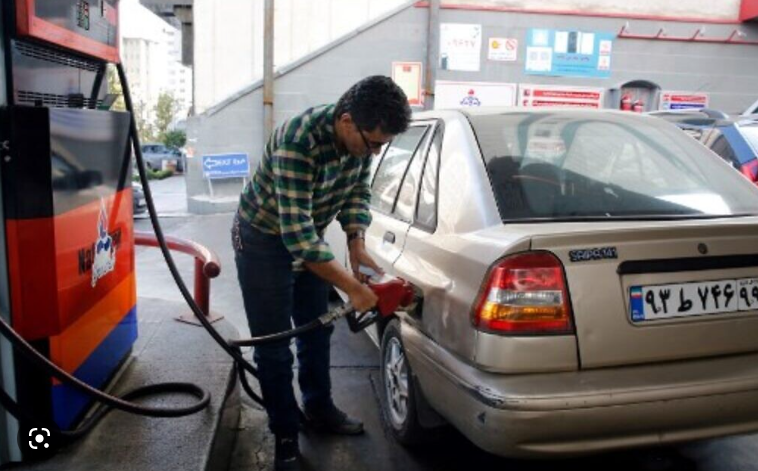May 12, 2023

Faced with a gasoline shortage, the government has resumed the import of fuels, five years after boasting of its ability to produce enough fuel to end imports.
Deputy Mostafa Nakhaei, spokesman for the Majlis Energy Committee, told the daily Sharq, “The government has allocated close to $1 billion in the budget bill for the current year to buy diesel and gasoline from international markets.” That will add $1 billion to the government debt.
Iran’s dependence on the costly import of gasoline ended in 2018, but Nakhaei confirmed that imports have already resumed.
According to the deputy, the country needs to start importing hybrid cars, whose consumption of gasoline is much less than that of domestically-manufactured gas guzzlers.
Also, as vehicles age, their fuel consumption rises, so getting rid of rundown vehicles can reduce fuel consumption substantially. A program to do just that ended a few years ago.
In the latest action taken to try to reduce fuel consumption, the National Iranian Oil Co. (NIOC) announced April 15 that gas station attendants have been ordered to seize gasoline ration cards being used by someone other than the person the cards were issued to. Some people who don’t drive much have been giving or selling their cards to others. The cards allow customers to buy 16 US gallons of gasoline each month at the price of 53 cents per gallon and an unlimited amount above that for 76 cents a gallon.
“NIOC data show gasoline consumption has reached 103 million liters per day, while all Iranian refineries are functioning at full capacity to produce 100 million liters per day and cannot produce any more,” Hashem Oraei, the head of the Iran Energy Association, said.
He said there is no quick fix for the fuel shortage because plans for the construction of new refineries, or the manufacture of fuel-efficient cars won’t produce results for a long time.
In 2006, when Iranian refineries made 1.7 million barrels a day of crude into oil products, the government announced plans to almost double that output to 3 million barrels a day by 2011. As of today, output of refined products is about 2.5 million.
Oraei said pinning hope on automakers to manufacture energy-efficient cars has been an exercise in futility, as they have shown utter indifference when it comes to producing vehicles whose mileage complies with global norms of less than 6 liters per 100 km (38 miles per US gallon).
























